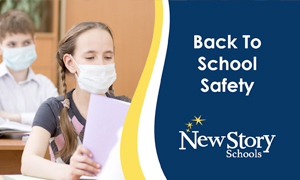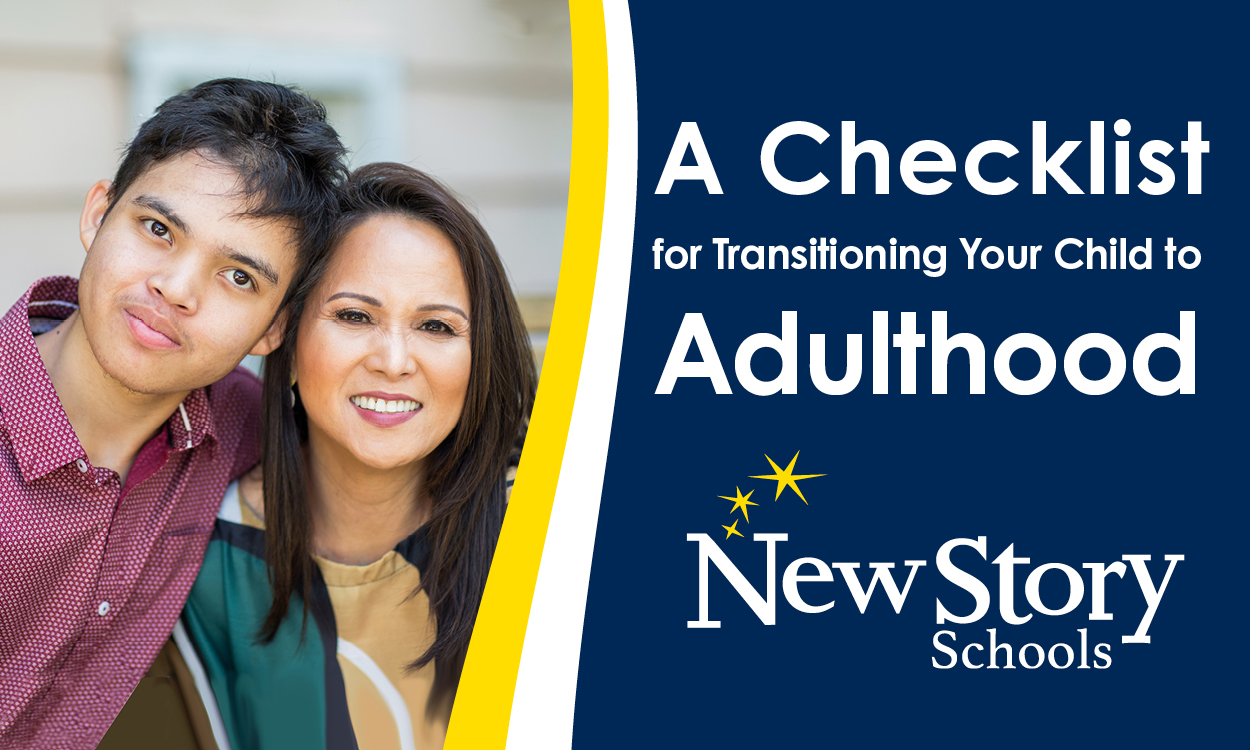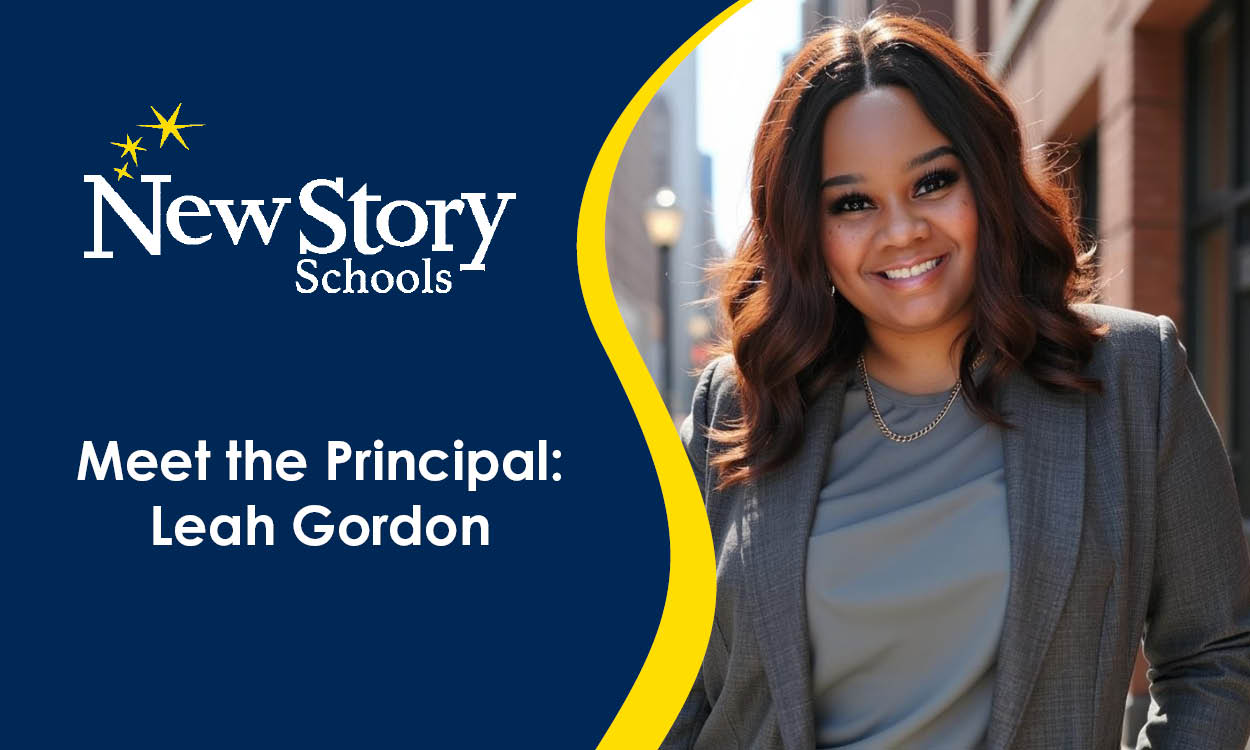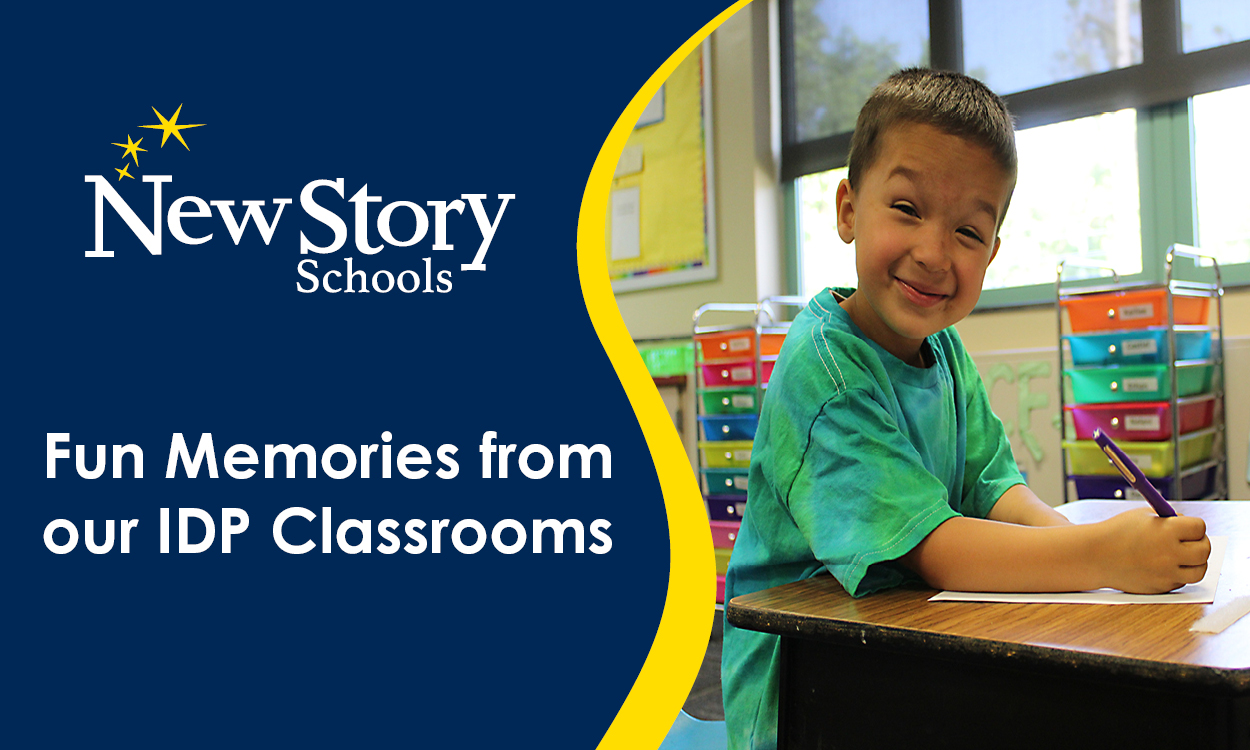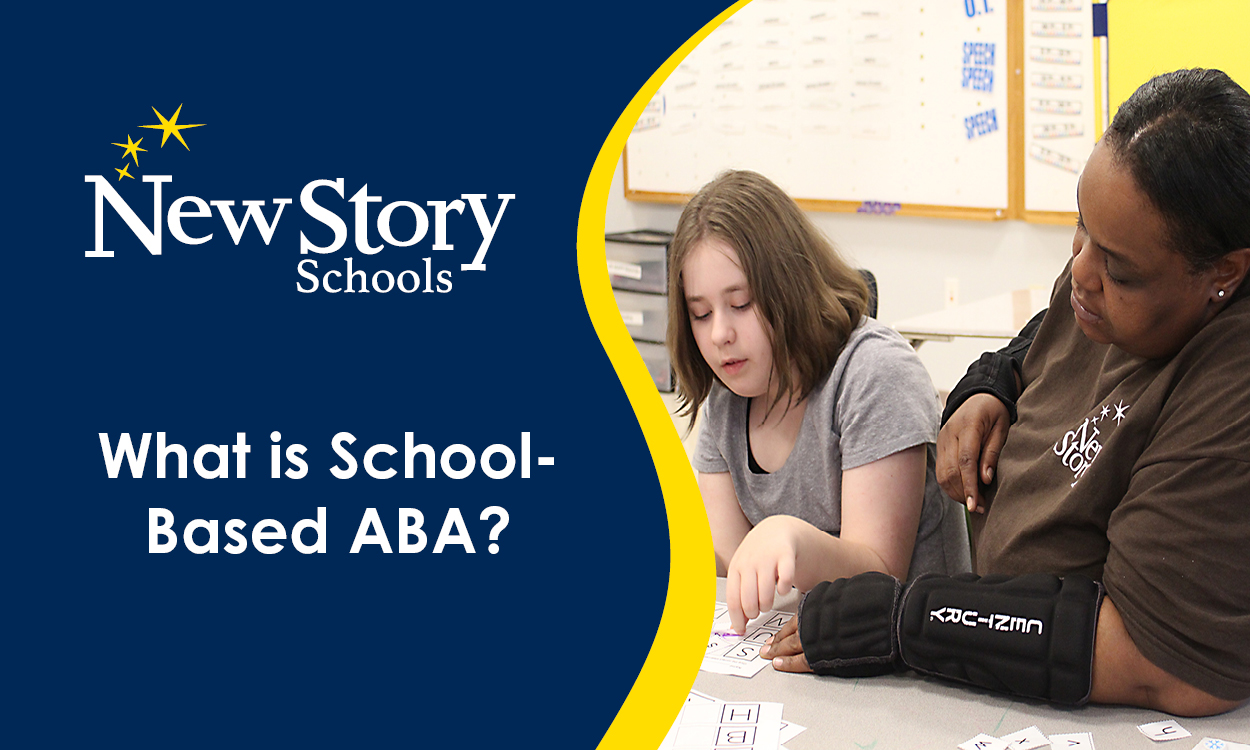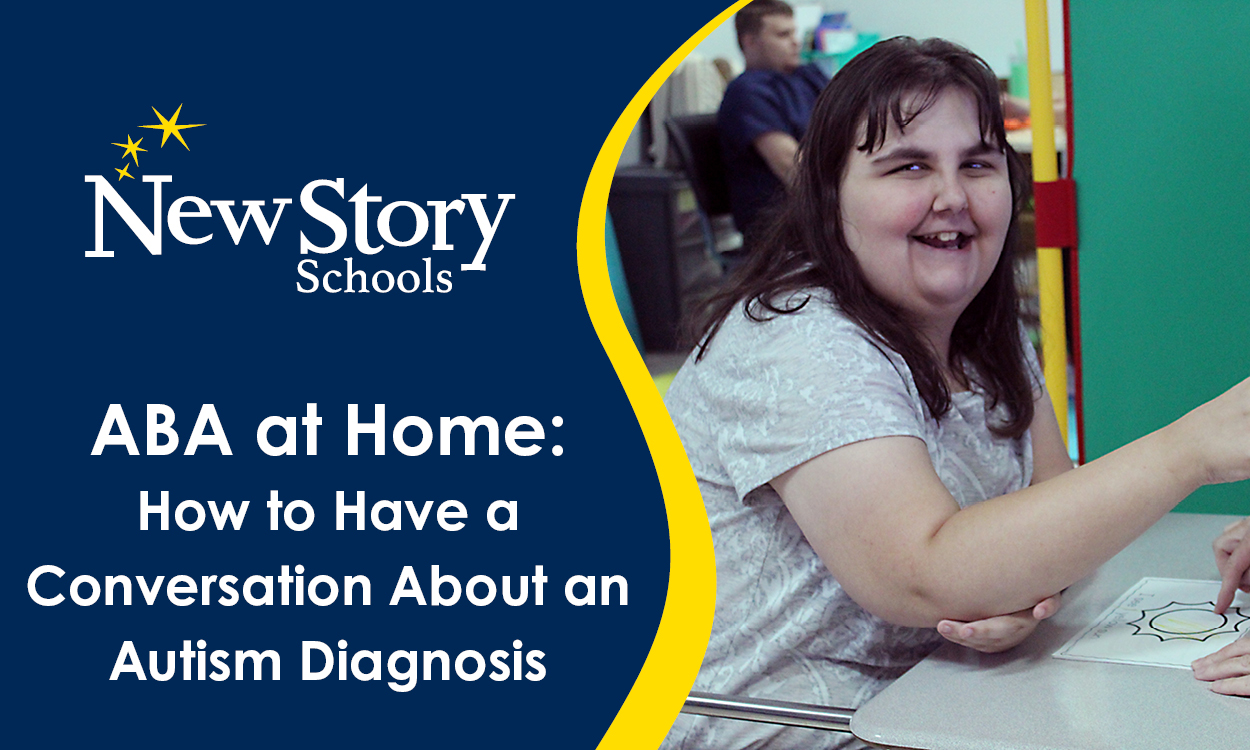Private School May be Ideal for Children Needing Emotional Support
Posted: August 26, 2020 | Written By: Kathryn Weaver, D. Ed. | Category: At Home Help
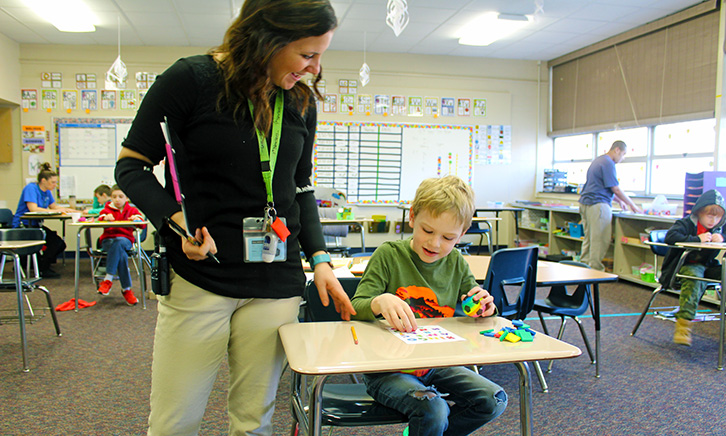
Being a parent of a child with emotional support needs brings on its own set of unique experiences and challenges. Every day, you balance the behaviors, education and social emotional learning of your child. You will likely also find yourself questioning your decisions on whether your child’s current educational placement is the most appropriate in meeting his/her decisive needs.
When the question is raised about what is best in meeting your child’s individual needs, some parents consider alternative learning environments, including Licensed Private Academic Schools. Schools classified as Licensed Private Academic Schools can be targeted toward students with special education needs, including emotional support placements.
When looking for an alternative educational setting to meet the needs of your child, there are multiple factors to take into consideration, including:
- Approach
- Is the school you’re considering focusing more on addressing behaviors, teaching academics, or taking a two-pronged approach at meeting both? Each program is different, so you want to make sure the school you are considering best suits your child.
- Pedagogy
- What methods of teaching does the program use? Some will employ a more modern, technological approach, while others will stick to traditional instruction. Some programs will even use a combination of the two. Consider which one you think best meets your child’s needs.
- Staff-to-student ratio
- This refers to the number of staff in a classroom. Typical public-school settings will have one teacher working with approximately 25-30 students. Special education licensed private academic schools often have a minimum of two or three staff (i.e. one teacher, with aides and support staff) per classroom. Additionally, these schools often work to limit the number of students per classroom as this allows for more one-on-one instruction and a more concentrated learning approach.
- Interventions
- Behaviors are expected. What methods are the schools you’re considering using to address behaviors? Many schools have social emotional learning curriculum set solely on addressing behaviors, coupled with a behavior-based approach. For example, many may employ reward-basis programs or Multi-Tiered Systems of Support, which show students direct results for improved behaviors.
- Programming
- What type of academic approach is the school using? To better meet social-emotional and life skills development needs, in addition to academic progress, schools need to be creative with academic programming, while maintaining alignment with state standards. Many private schools address this need through special events and hands-on activities such as visits from the local fire company, experiments conducted in the STEAM Lab, or a live animal exhibit. Additionally, transition programs provide older students with real-world job and living experiences.
Students with emotional support needs often struggle with behavioral challenges, building healthy relationships with peers, social skills and academics, so you need to make sure the school you are considering will support your child’s needs.
A therapeutic approach that encompasses social-emotional, behavioral and academic programming ensures the whole child is being addressed, and provides a student-centered learning approach. A classroom that has a high staff-to-student ratio with a smaller overall class size allows for effective relationship building. When a student is provided with an individualized learning path, it allows them to reach their highest potential. It also prepares them for a successful life after graduation.
By considering a comprehensive program that encompasses a multi-faceted approach to learning, your child will have a higher success rate and will be more prepared for life beyond school.
Want to be notified of new articles and resources from New Story Schools? Submit your email and opt into our newsletter!


